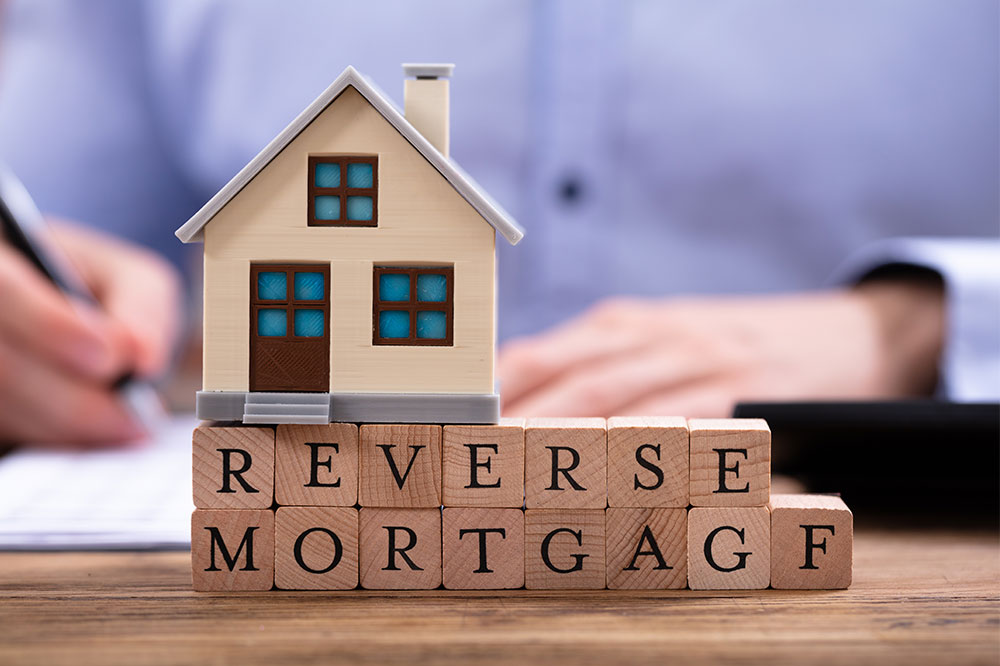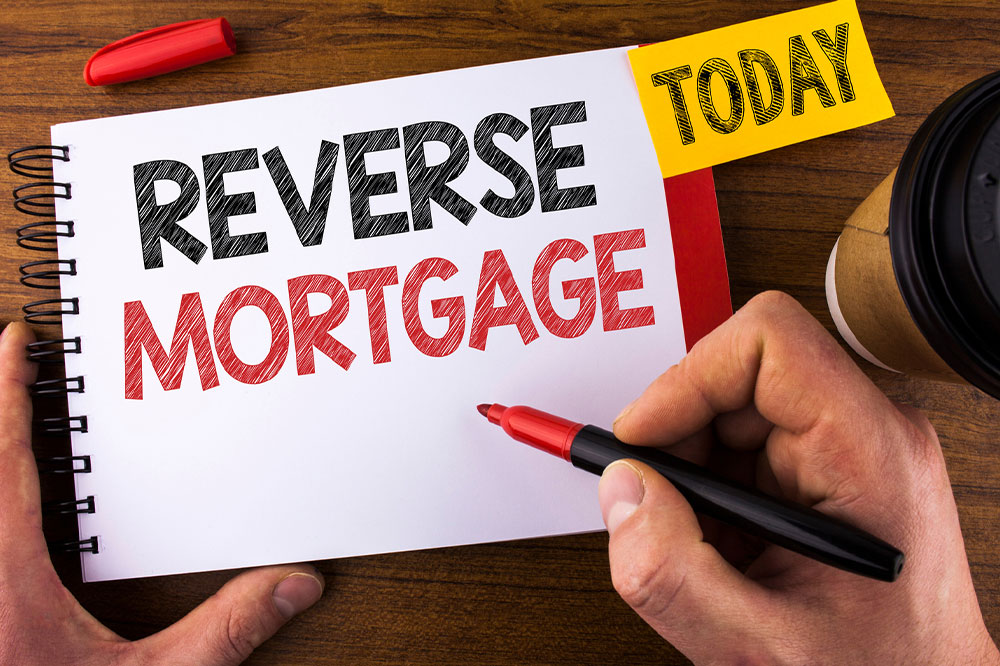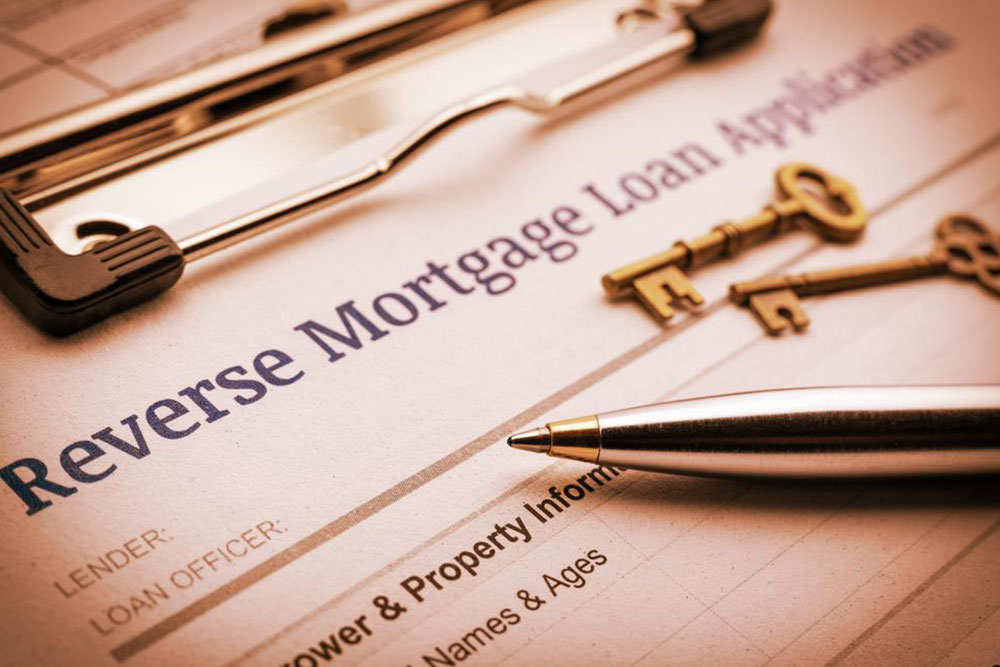Guide to Qualifying for a Reverse Mortgage
This comprehensive guide explains the eligibility criteria for obtaining a reverse mortgage, including age, homeownership status, debt conditions, and counseling requirements. It details the main types of reverse mortgages—private, single-purpose, and HUD-backed options—helping seniors choose the best fit for their financial needs. Understanding these fundamental aspects ensures seniors can make informed decisions about accessing their home equity for increased financial security.

Guide to Qualifying for a Reverse Mortgage
A reverse mortgage allows seniors to access their home equity and increase their income. Its flexible repayment options help homeowners manage their finances effectively. However, strict government guidelines set clear eligibility standards. If you're exploring a reverse mortgage, read on to learn about the qualifying requirements and available loan types.
Reverse Mortgage Eligibility Standards
The primary homeowner must be at least 62 years old. If your spouse is younger, you may still qualify if other criteria are met.
If you are under age 62, you do not qualify, regardless of other factors.
You must be the primary resident of the property you wish to mortgage. Vacation homes or rental properties are excluded.
You need to fully own the home or have at least 50% equity. Outstanding mortgage balances should be manageable or paid off with reverse mortgage funds.
You should not have overdue federal debts, such as income taxes or federal student loans. Reverse mortgage funds can sometimes be used to settle these debts.
You should have sufficient funds or be willing to allocate reverse mortgage proceeds toward property taxes, insurance, and home upkeep.
Meeting with a HUD-approved reverse mortgage counselor is mandatory. They will explain how the loan works and evaluate your eligibility, highlighting potential financial impacts.
Types of Reverse Mortgages
Knowing the eligibility criteria is helpful, but understanding the various loan options is equally important.
Private Reverse Mortgages
These are suited for higher-value homes and offer larger loan amounts. Since they are private options, they are not federally insured.
Single-Purpose Reverse Mortgages
Less common, these loans are used for a specific purpose—typically provided by non-profit organizations or local government agencies.
HUD-Backed Reverse Mortgages
The most popular option, funded by HUD, these loans can be used for any purpose. While they may involve higher upfront costs, they offer greater flexibility.










